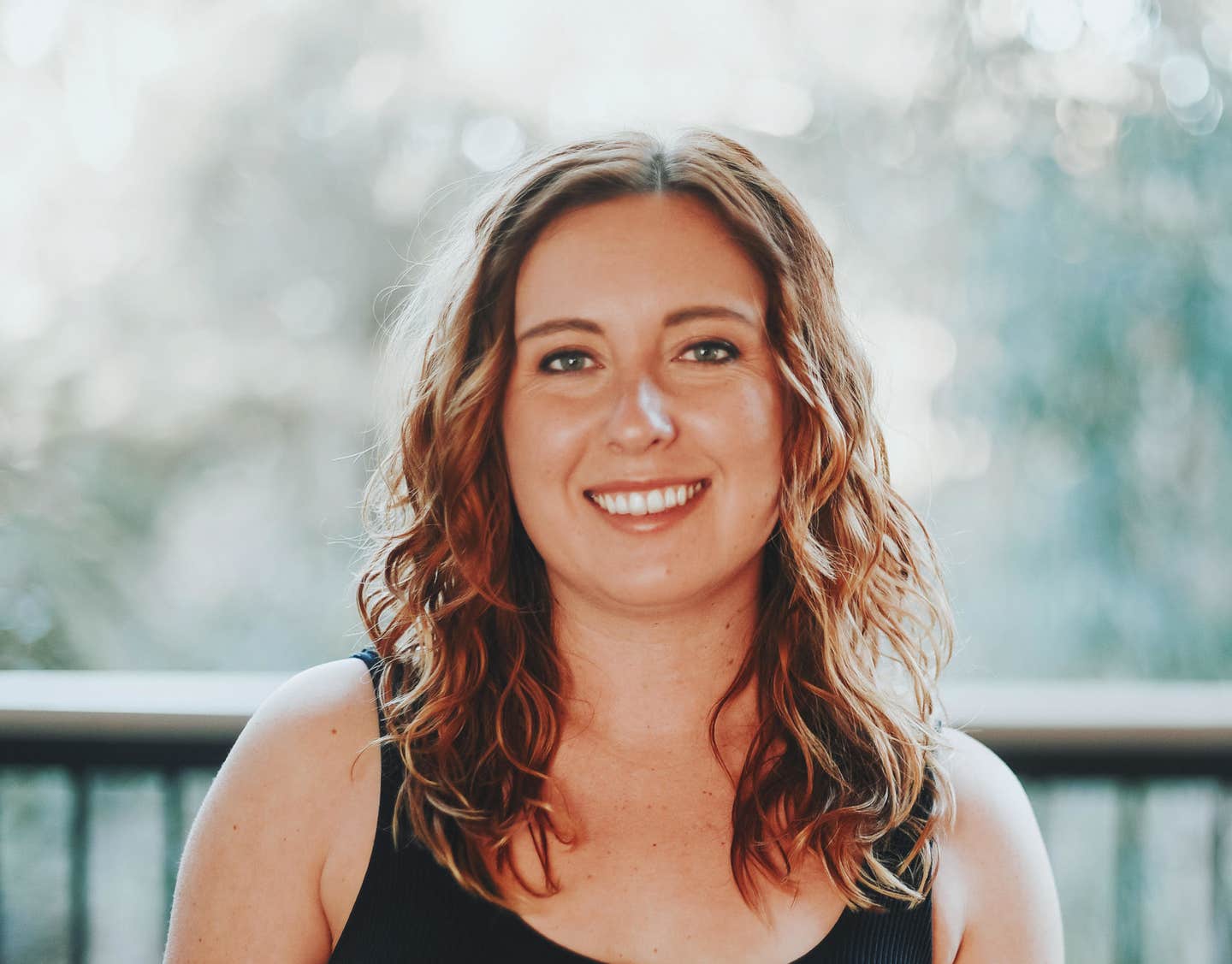
Plant-Based Doctor Judy Brangman Is a Physician on a Mission
Dr. Judy Brangman (aka The Plant Based MD) utilizes her background as an internal medicine and lifestyle medicine physician to heal her patients through a plant-based diet. Forks Over Knives chatted with her about the deep cultural ties she has to the WFPB lifestyle, the mental component of eating healthier, and tips on how to talk with your doctor about using diet as medicine.
What inspired you to go vegan?
Judy Brangman: About seven years ago, I developed lactose intolerance and pretty severe acne. My mother said, “If you stop eating dairy, your acne will go away.” She was absolutely right. Both my parents are almost entirely plant-based and are much healthier than most of my patients, so I decided to fully commit to a plant-based diet because I saw the drastic changes it made for me. And then when I learned 80 percent of chronic diseases can be prevented with lifestyle changes—primarily through diet—I decided I wanted to bring that information to the mainstream.
How did you begin incorporating plant-based nutrition into your medical practice?
JB: Going into medical school, I knew that I wasn’t going to receive the nutrition education that I wanted. So after my residency, I did the T. Colin Campbell eCornell certification in nutrition and got board-certified with the American College of Lifestyle Medicine. About two or three years ago, I started public speaking about everything I’d learned and started an Instagram page as a way to get information out about plant-based nutrition. Now I host in-person events, online webinars, and conferences to reach people outside of my normal practice. Last year I hosted an online summit that had 3,000 participants!
How did growing up in Bermuda impact your view on practicing medicine?
JB: People in Bermuda are very focused on health and natural remedies. Everyone has a garden so they can use different herbs to help with common problems. My family was mostly vegetarian growing up, so plant-based eating was just a part of my life. I always knew that I wanted to combine my formal medical training with more holistic practices to help bridge the gap between those two worlds.
Have you seen a lot of success when your patients go plant-based?
JB: Yes! I had one patient who within three months was completely off his diabetes medication. When he was first diagnosed, he required insulin and oral medications to control his blood glucose levels. Since going plant-based several years ago, he no longer needs any of them.
You emphasize the emotional and mental aspects of health along with the physical. How do those elements factor into the equation?
JB: You need to have your mind in a good place in order to make a lifestyle change. If you're in survival mode—from dealing with trauma or constant stress—you're not in the best position to make a healthy change. You’ll likely fall back on the candy or junk food to help you cope. So, when I start with my clients, I start with their mind. And if they're not in a good place, then it may not be the right time for them to make a drastic shift. They may need to take baby steps to get their mental and emotional health on course before their diet can change.
How to Talk To Your Doctor About Going Plant-Based
Dr. Brangman offers these tips to help you open up a conversation with your physician about incorporating a plant-based diet into your treatment plan.
1. Know Your Symptoms
Pay close attention to your symptoms, noticing as many details as possible: what time of day they occur, what you’ve eaten, activities you’ve been doing, etc. The more context that you can provide, the more likely your doctor will be able to properly evaluate you.
2. Write It Down
It can be easy to forget what you want to discuss with your doctor once you’re in the exam room. Jot down notes in advance to make sure that you hit all the key points.
3. Bring Your Research
Doctors are motivated by evidence, and many still don’t know the incredible benefits of using food as medicine. Editor’s Note: Visit forksoverknives.com/studies for scholarly articles about the health benefits of a plant-based diet. Print out one or two to bring to your appointment.
4. Find a Specialist
If your primary care doctor still isn’t convinced, seek out a consultation from a physician who specializes in lifestyle medicine. Visit plantbaseddocs.com to find some based in your area or available via telehealth.
To learn more about a whole-food, plant-based diet, visit our Plant-Based Primer. For meal-planning support, check out Forks Meal Planner, FOK’s easy weekly meal-planning tool to keep you on a healthy plant-based path.

About the Author

About the Author
Megan Edwards
Join our mailing list
Get free recipes and the latest info on living a happy, healthy plant-based lifestyle.
By providing your email address, you consent to receive newsletter emails from Forks Over Knives. We value your privacy and will keep your email address safe. You may unsubscribe from our emails at any time.